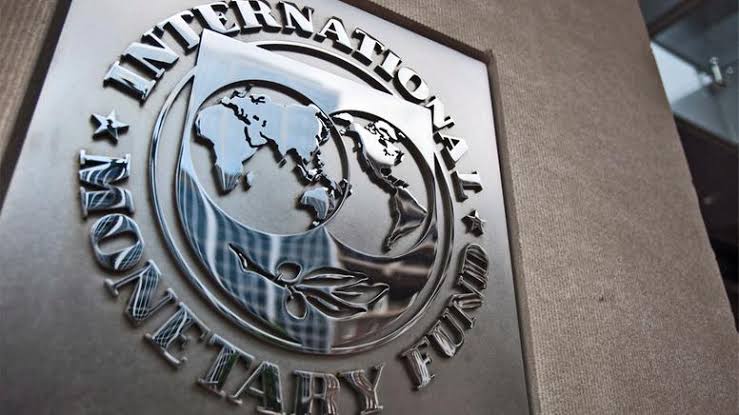-
By Halimah Olamide
“With large numbers of job vacancies, labor markets are tight. Wage growth has remained high, especially in Eastern Europe.
The International Monetary Fund on Wednesday painted a very depressing picture of the economic outlook especially in Europe as inflation soars.
The IMF, in its latest account, said job opportunities are dwindling and prices are not friendly.
“Inflation is high across European countries, and we project it will remain above inflation targets through 2024,” the IMF said on Wednesday.
The Fund said the labour market is becoming tighter adding that there would be more pressure on households with increasing prices of foods and daily needs.
“With large numbers of job vacancies, labor markets are tight. Wage growth has remained high, especially in Eastern Europe.
“Further interest rate increases are likely to raise the cost of borrowing for households, bringing further pressure on house prices, and for corporates and governments, even at long maturities,” IMF warned
It went further, “Given these factors and with policy rates still below levels expected under benchmarks like the Taylor rule —a formula tying a central bank’s policy rate to inflation and economic growth—there is room for rates to continue to rise.”
Just on Tuesday, NPO Reported that the Nigerian government told citizens inflation is a global phenomenon at the moment saying it is nothing peculiar to Nigeria.
Garba Shehu, presidential aide, explained that the government of President Muhammadu Buhari has done its best for the economy noting that the world as a whole is witnessing serious challenge.
“Considering that Nigeria relies heavily on imports for essential products like petroleum, cooking oils, fertilizers, crop chemicals, and others, international price fluctuations significantly impact local prices.
”The government, unless it chooses to disregard the principles of free trade, has limited maneuverability in this regard,” he said
Shehu further observed that France, which enjoyed a stable average inflationary regime of 4.1 percent from 1960-2022 is today reporting price increases of up to 1,080.36 per cent.
According to him, at 10.1 percent, UK inflation is at a 41-year high. Ghana’s inflation rate has hit a two-decade high of 54.1 per cent before a recent decrease.
”Turkey’s rate is 45 per cent, Pakistan has also reported an alarming high inflation rate comparable to countries with similar profiles.”
He maintained that the war in Ukraine had since translated into a rocketing in foodstuff prices leading to fear of famine in many countries.
”While Nigeria’s reported inflation rate of 22 per cent is undoubtedly high and worrisome, it would be incorrect to suggest that the Buhari administration is not making efforts to address the volatile global cost of living crisis,” he added.


